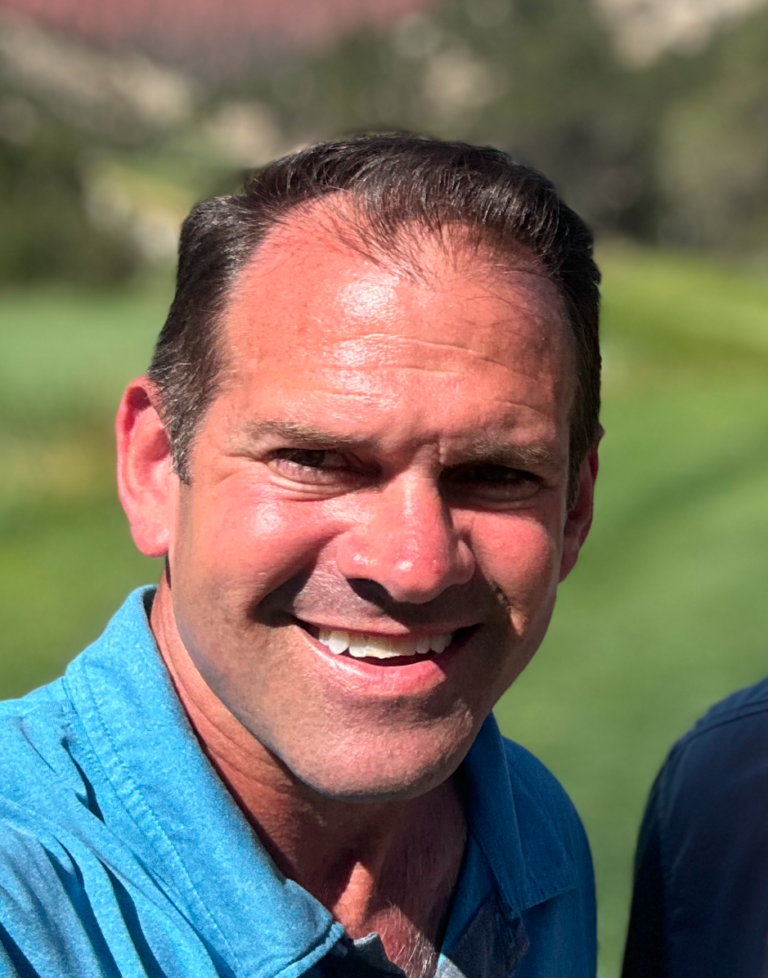Dr. Ian Weisberg on AI and Machine Learning in Cardiology
Dr. Ian Weisberg on AI and Machine Learning in Cardiology
Blog Article
Atrial fibrillation (AFib) is the most typical kind of unpredictable center rhythm, affecting thousands of people worldwide. It can improve the chance of stroke, heart failure, and other complications. Dr Ian Weisberg Niceville Florida, a number one specialist in cardiac electrophysiology, stresses that elimination is key. By adopting a heart-healthy lifestyle and making clever choices, individuals may significantly decrease their risk of developing AFib.

1. Keep a Healthy Fat
Dr. Weisberg highlights the powerful connection between obesity and atrial fibrillation. Excess fat may put additional pressure on the center, ultimately causing infection and electric disturbances that induce AFib. Reports reveal that losing just hundreds of weight can considerably minimize AFib symptoms and increase center function.
2. Monitor and Get a grip on Blood Stress
High body force (hypertension) is one of many major reasons for AFib. Dr. Weisberg suggests regular body force monitoring and lifestyle improvements like:
Lowering salt absorption
Training often
Managing strain efficiently
For those with consistent hypertension, medicines may be required to keep blood pressure in a wholesome selection and reduce AFib risk.
3. Restrict Liquor and Caffeine Intake
Excessive liquor consumption may cause "vacation heart problem," a situation wherever irregular heartbeats occur following major drinking. Dr. Weisberg proposes:
Limiting liquor to average degrees (no several consume daily for girls, two for men)
Lowering caffeine intake for those sensitive to its heart-stimulating effects
4. Get Regular Exercise – But Prevent Overexertion
Physical exercise is vital for heart health, but Dr. Weisberg cautions against severe stamina exercise, which might improve AFib risk in a few individuals. The most effective strategy is:
Average cardiovascular exercises (walking, cycling, swimming)
Muscle building in harmony
Yoga or meditation to cut back tension and stabilize heart rhythms
5. Prioritize Sleep and Manage Strain
Sleep apnea and serious pressure are often connected to AFib episodes. Dr. Weisberg advises:
Finding 7-9 hours of rest per evening

Treating sleep apnea if identified
Exercising peace practices like heavy breathing and mindfulness
Conclusion: Avoidance Begins Nowadays
Dr Ian Weisberg Niceville Florida stresses that atrial fibrillation is not inevitable. By making simple but efficient lifestyle improvements, people can lower their chance and enhance their over all heart health. With a hands-on method, you can seize control of your heart's flow and long-term well-being.
Might you want more in-depth guidance on a specific prevention technique? ????
Report this page